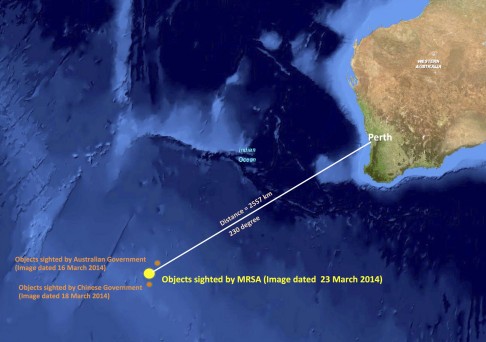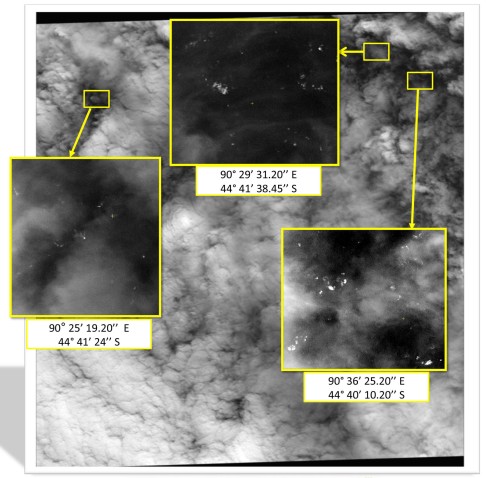Chinese tourists boycott Malaysia in wake of MH370 disappearance
Chinese tourists are shunning Malaysia, with some even calling for a boycott, in the aftermath of the disappearance of flight MH370
Mainland travel agencies have reported a sharp drop in the number of Chinese visitors to Malaysia.

“In the two weeks after the incident, we have seen the number of clients from northern China going to Malaysia declining 50 per cent compared with the same period last year, including group and independent travellers,” said Dun Jidong, a senior marketing manager at Ctrip.com, China’s largest travel booking website.
Watch: Chinese relatives demand 'truth' over MH370 crash
Three top travel agencies, China International Travel Service, China Youth Travel Service and BTG International Travel and Tours, have reported similar declines.
“The impact has spread to most destinations in Southeast Asia,” said a travel agent with the China International who declined to be named. “Many of our travel packages include Malaysia and Thailand and people are reluctant to go there not only because of the missing plane, but also Thailand’s political turmoil.”

“Most of our clients have booked their rooms one or two months in advance,” said Aaron Chang, a project manager at KK-Suites Residence. “We might see the real impact in one or two months.”
According to Tourism Malaysia, 1.79 million Chinese visited the country last year, a nearly 15 per cent annual increase.
China is the third largest source of visitors for Malaysia, in which tourism is the sixth contributor of its gross domestic product.
Luo Juan, a senior analyst with market research company Forward Information, predicted Chinese arrivals would this year drop by 20-40 per cent, representing 400,000 to 800,000 tourists.
If each tourist spent an average of 10,000 yuan during the stay, the total loss could rise to 4-8 billion yuan, Luo said.
“A recovery might only be seen after about one year,” she said.
It remains to be seen what effect the boycott calls will have on the industry.

“I … will start a boycott from my inner heart on any commercials and travel relating to Malaysia. This will last … until the Malaysian government takes down their clown-like mask and tells the truth,” he said.
Chen has more than 70 million followers on weibo and his post has been republished over 70,000 times, drawing nearly 30,000 comments, many of them supportive.
Some travellers were cancelling their bookings. Wang Dezhang, a businessman in Shanghai, said his wife and daughter, together with 14 other parents and children, changed their plans to visit Malaysia in July.
“We have booked everything, but still decided to cancel the trip as everybody is concerned about the safety issue,” he said.
China Youth Travel Service has stopped collaborating with Malaysia Airlines on package tours in Kota Kinabalu and promised to a full refund to any customers who wanted to cancel.
“After the MH370 incident happened, the number of travel inquiries to Malaysia has almost dropped to zero, although it is the off-season to go to Malaysia,” said Ge Lei, a marketing director with China Youth Travel Service.
The airline has suspended Flight 318/319, which replaced MH 370/371, and service between Kuala Lumpur and Beijing would be put on hold beginning May 2. Some industry insiders say it was due to a lack of passengers.
Illustration: Lau Ka-kuen


